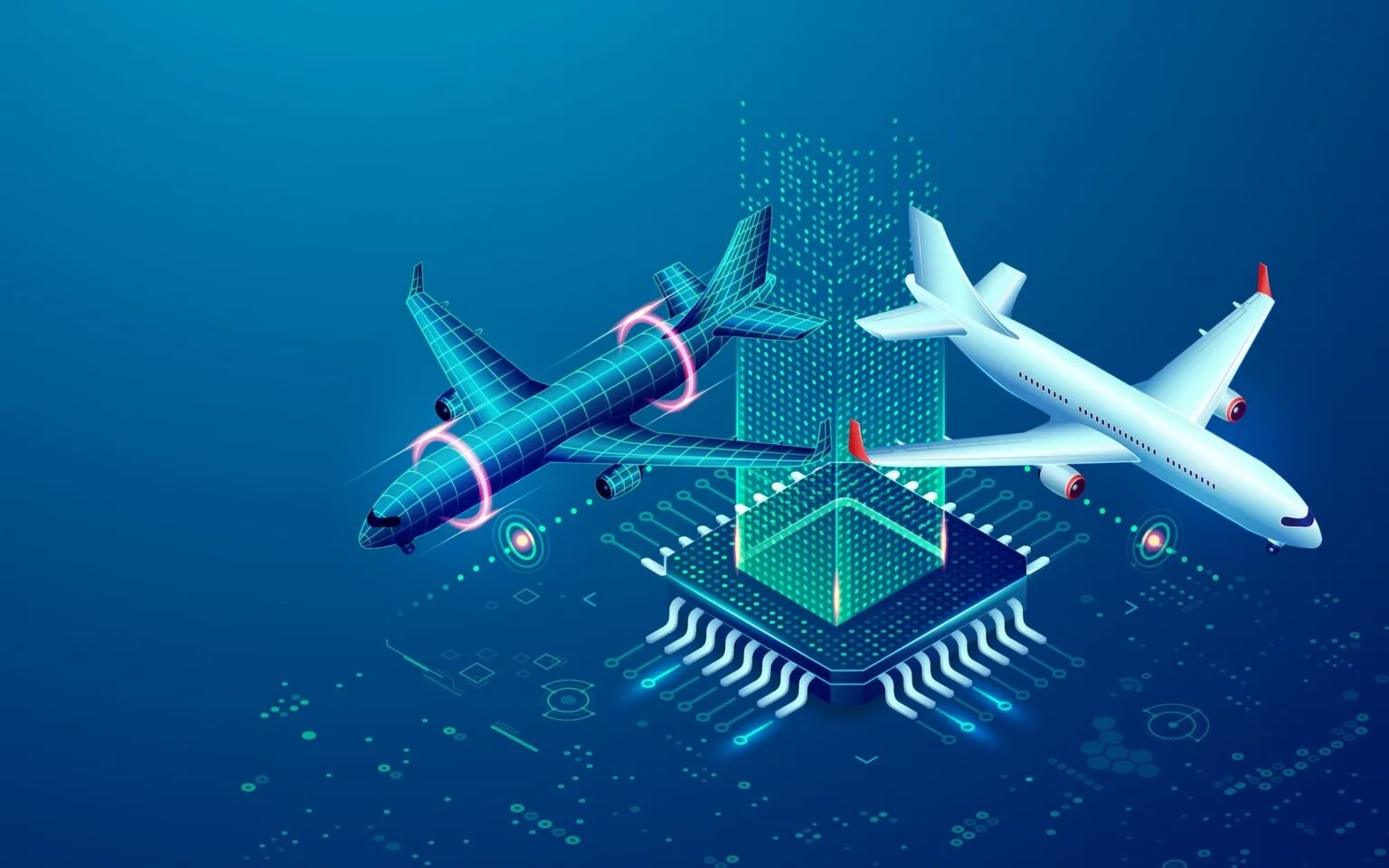The Role of Digital Intelligence in Air Cargo Logistics
The air cargo industry is currently navigating the challenges posed by global supply chain fluctuations and increasing regulatory complexity. In this context, digital intelligence has become essential for operational resilience, predictive analytics, and effective policy compliance. A recent session on the “Importance of Digital Intelligence and Data Management” brought together various stakeholders from the freight forwarding community.
Crafting a Global Logistics Hub
There is a growing consensus that India’s goal to transform into a global logistics hub cannot be achieved without well-developed, real-time data infrastructures. Under programs like Prime Minister Gati Shakti and the National Logistics Policy, participants emphasized the pressing need for sophisticated data ecosystems to facilitate crucial air cargo operations. This includes areas such as customs integration, security processes, multimodal tracking, and emissions reports.
Data: The New Fuel for Air Logistics
Jayendran V, a Professor at IIT Bombay, made a compelling statement by saying that “data is the new runway for air logistics.” He reiterated the significance of AI-driven demand forecasting, anomaly detection in cargo handling, and energy consumption modeling in the operations of airport cargo zones. He pointed out that India possesses a rich talent pool, but it must focus on developing a cargo data architecture that is scalable, secure, and interoperable between government and industry platforms.
منصة الواجهة اللوجستية الموحدة (ULIP)
Parvinder Singh, Managing Director of Hans Infomatic, brought attention to the advancements made in the Unified Logistics Interface Platform (ULIP), describing it as the backbone of Indian logistics. He stated that for ULIP to be effective in the air cargo domain, integration across carrier systems, ground handlers, and global freight forwarders via open APIs and standardized data was imperative. Furthermore, he highlighted the necessity to expand ULIP to encompass air cargo-specific milestones, including tarmac time, x-ray status, and manifest reconciliation.
Ensuring Compliance in a Digital Landscape
Meera Kumar, CEO of Diabos FZE, incorporated a perspective on trade compliance during the discussion, noting that new global regulations—such as the EU’s ICS2 requirements, the WCO SAFE Framework, and CORSIA carbon-offset reporting—mandate higher quality, real-time shipment data. She warned that investment in automatic compliance solutions and electronic data interchange with customs is vital, or India’s air cargo operators risk falling behind in an evolving global trade landscape.
Mitigating Delays through Innovation
Kumar’s insights pointed toward enhancing focus on pre-clearance, origin authentication, and digital consignment tracking to streamline operations and enhance supply chain integrity.
Breaking New Ground in Digital Connectivity
Vineet Malhotra, CMD of Kale Logistics, discussed the significance of community systems in unlocking visibility in air cargo operations. He emphasized that all participants—from airport operators and ground handlers to airlines and customs house agents—must contribute to and gain from a common data exchange platform. Malhotra cited the successful implementation of Airport Cargo Community Systems (ACCS) at Mumbai and Hyderabad, which resulted in a whopping 28% improvement in dwell time and a 35% reduction in disputes arising from paperwork.
Expanding Ecommerce Horizons
In his remarks, he also suggested creating digital corridors for swift transport between Indian and ASEAN/Middle East hubs for goods with tight delivery timelines, including perishables, electronics, and pharmaceuticals.
Commercial Intelligence: Enhancing Operational Profitability
Kunal Maheshwari, Chief Growth Officer of Softlink Global, drew attention to the valuable role of commercial data analytics in bolstering profitability. He stressed that freight forwarders require predictive tools that can help in forecasting customer churn, rate volatility, and carbon cost impacts. By leveraging real-time business intelligence tools, they can add value to customer service while also offering actionable insights.
Equitable Access to Digital Tools
Maheshwari proposed that government incentives aimed at digital adoption, especially for small and medium-sized freight forwarders and ground handling firms, are essential. He warned that if digital technology remains exclusive to top-tier carriers, the current initiatives will not yield the intended outcomes.
Conclusion: The Future of Digital Air Cargo Logistics
The discussion highlighted the vital and multifaceted role of digital intelligence in the air cargo sector, showcasing the growing importance of data integration and compliance in maintaining logistics efficiency. Even the most well-crafted feedback can’t compare to personal experience, which is why practical solutions are essential. GetTransport.com offers a range of affordable cargo transportation services tailored to these evolving logistics requirements, ensuring effective solutions for shipments of all sizes—from small parcels to larger, more complex loads.
In summary, leveraging digital intelligence is becoming increasingly crucial for operational efficiency in the air cargo sector and the broader logistics landscape. GetTransport.com facilitates unmatched convenience, reliability, and choices in cargo transportation, allowing users to make well-informed decisions without breaking the bank. Don’t let logistics complexities slow you down—احجز مشوارك مع GetTransport.com اليوم!

 الاستفادة من التقنيات الرقمية في لوجستيات الشحن الجوي المرنة">
الاستفادة من التقنيات الرقمية في لوجستيات الشحن الجوي المرنة">